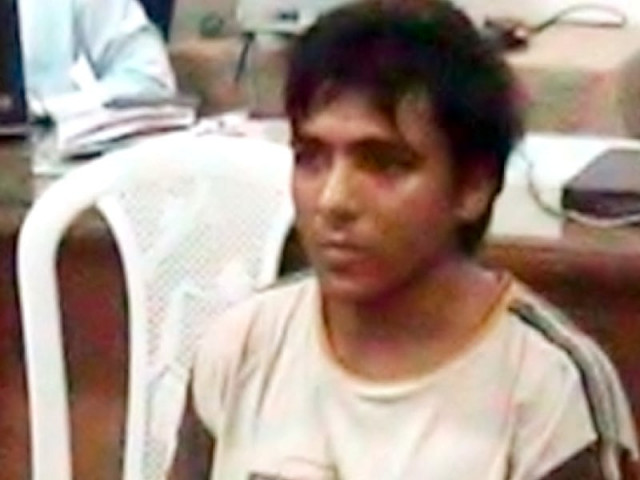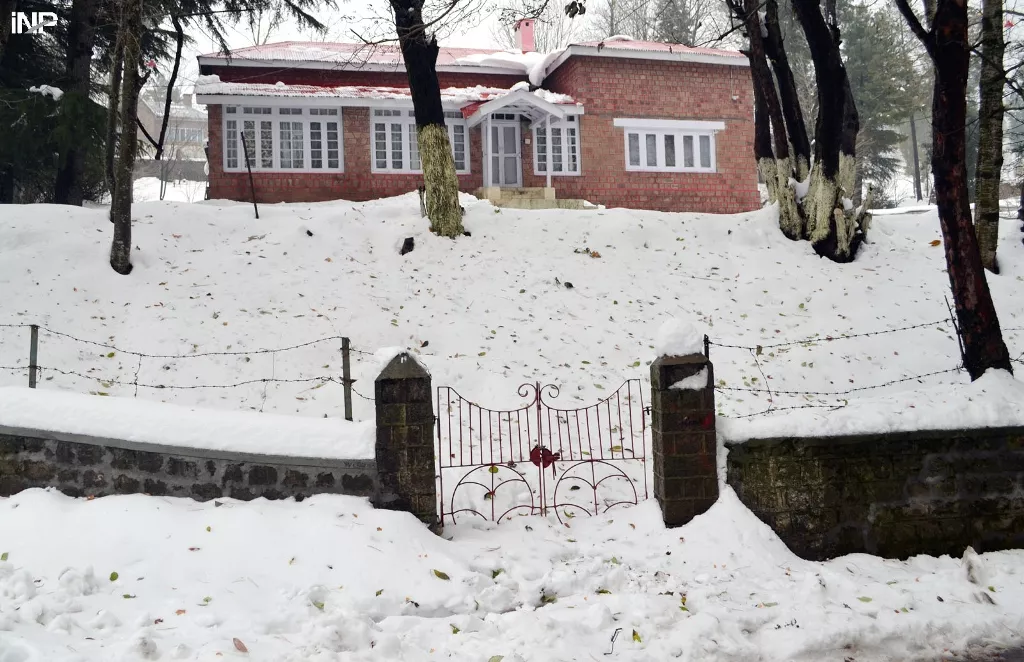Ajmal Kasab
We must show the world that as a country, we are genuinely committed to fighting terrorism.

Ajmal Kasab
Kasab, removed secretly from his isolation cell in Mumbai to Pune hours before his execution, was hanged a day after the president of India turned down his mercy petition — his last hope of reprieve after conviction in August this year by the Indian Supreme Court. Pakistan’s response to the execution came via a Foreign Office statement that said that Pakistan condemns terrorism in all forms and manifestations and it also clarified Indian media reports which stated that the latter was not claiming the body since the notice of the execution had been received from the Indian government through diplomatic channels. Other militant groups in the country also commented on the execution with the Lashkar-e-Taiba stating that Ajmal Kasab was a hero and the Tehreek-e-Taliban Pakistan expressing shock over his execution.

With such views rampant, we must show the world that as a country, we are genuinely committed to fighting terrorism. For this reason, the process of trying the accused in our country must be expedited. The obvious foot-dragging is damaging. It raises questions about who we are protecting and why. In this regard, at the top of the list of those accused by the Indian government in the Mumbai attacks is leader of the Jamaatud Dawa, Hafiz Muhammad Saeed, a man who is wanted in both India and the US. New Delhi says it has provided evidence to our government of involvement of Pakistani individuals in the 2008 attacks but Islamabad denies substantive proof. Such misconceptions need to be determinedly resolved if militancy is to be brought down in the country.
Published in The Express Tribune, November 22nd, 2012.














COMMENTS
Comments are moderated and generally will be posted if they are on-topic and not abusive.
For more information, please see our Comments FAQ